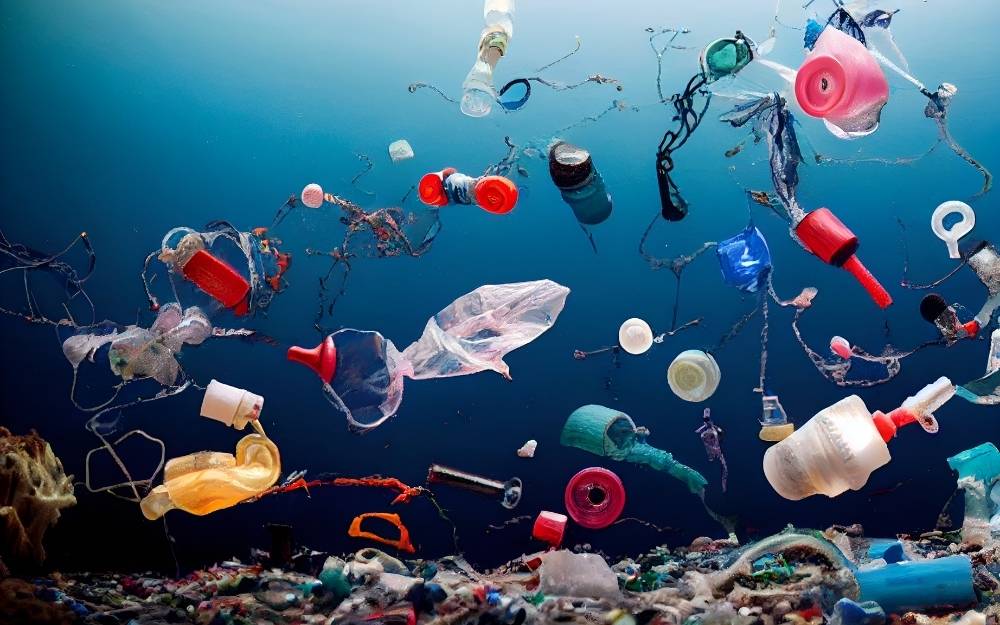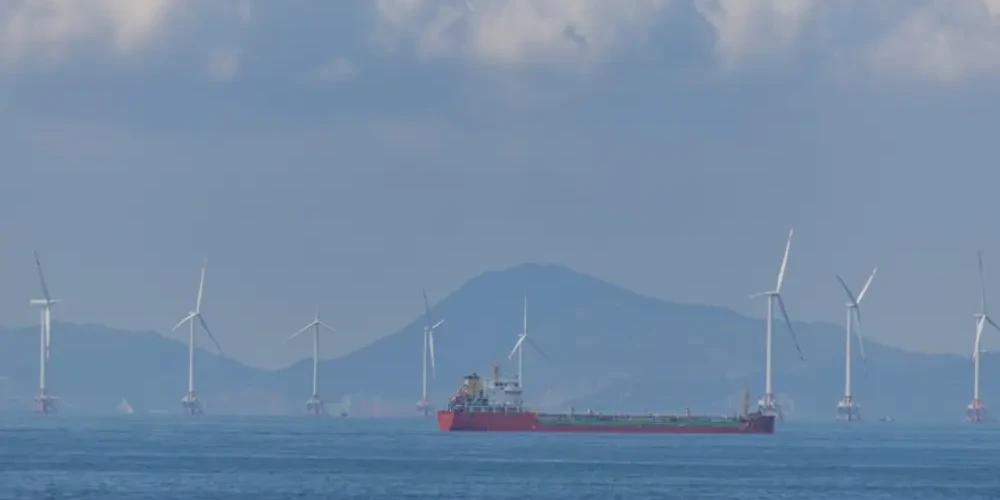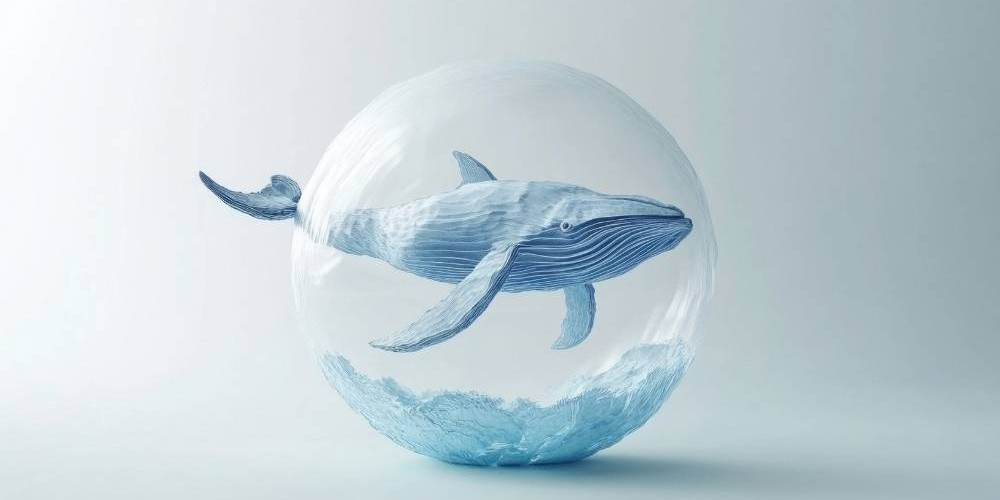Plastic pollution has become one of the most urgent environmental crises of our time. Every year, millions of tons of plastic waste find their way into the oceans, threatening marine life, disrupting ecosystems, and even entering the human food chain through microplastics. The good news is that solutions exist, and with the right strategies, we can significantly reduce this global challenge. Combating plastic pollution in the seas requires a combination of policy changes, corporate responsibility, and individual action.
Reducing Single-Use Plastics
One of the most effective strategies is minimizing single-use plastics such as bags, straws, and bottles. These items make up a large portion of ocean waste because they are used briefly but take hundreds of years to decompose. Encouraging bans, taxes, or incentives for alternatives can drastically cut the flow of plastics into marine environments.
Promoting Circular Economy Solutions
Instead of the traditional “take, make, dispose” model, a circular economy emphasizes reusing, recycling, and repurposing materials. By creating products designed for durability and recyclability, industries can reduce waste at the source. Effective recycling infrastructure ensures plastics are recovered before they reach waterways.

Expanding Cleanup Initiatives
Cleanup campaigns, both on local beaches and in the open seas, play a vital role in removing plastic already polluting the environment. Innovative technologies like ocean-cleaning systems and community-led cleanups demonstrate that immediate action is possible. While not a complete solution, cleanups raise awareness and inspire broader behavioral changes.
Supporting Policy and Legislation
Governments hold the power to enforce change through legislation. International agreements, national bans on harmful plastics, and strict regulations on waste management are crucial steps. Strong policies ensure accountability from industries and encourage sustainable practices across sectors.
Raising Public Awareness
Education and awareness campaigns can shift consumer behavior. When people understand the scale of plastic pollution and its impact on health, food security, and climate, they are more likely to support sustainable alternatives. Social media campaigns, documentaries, and educational programs amplify the urgency of the issue.
Encouraging Corporate Responsibility
Companies have a responsibility to reduce their plastic footprint. From redesigning packaging to adopting eco-friendly materials, businesses play a key role in driving systemic change. Supporting brands that prioritize sustainability sends a strong message to industries that consumers demand change.
Final Thoughts
Plastic pollution in the seas is a complex problem, but it is not unsolvable. By reducing single-use plastics, promoting circular economy practices, supporting cleanups, and encouraging legislation and corporate responsibility, we can turn the tide. Every individual choice—whether it’s refusing a plastic bag or advocating for stronger policies—contributes to protecting our oceans and securing a healthier future for generations to come.




